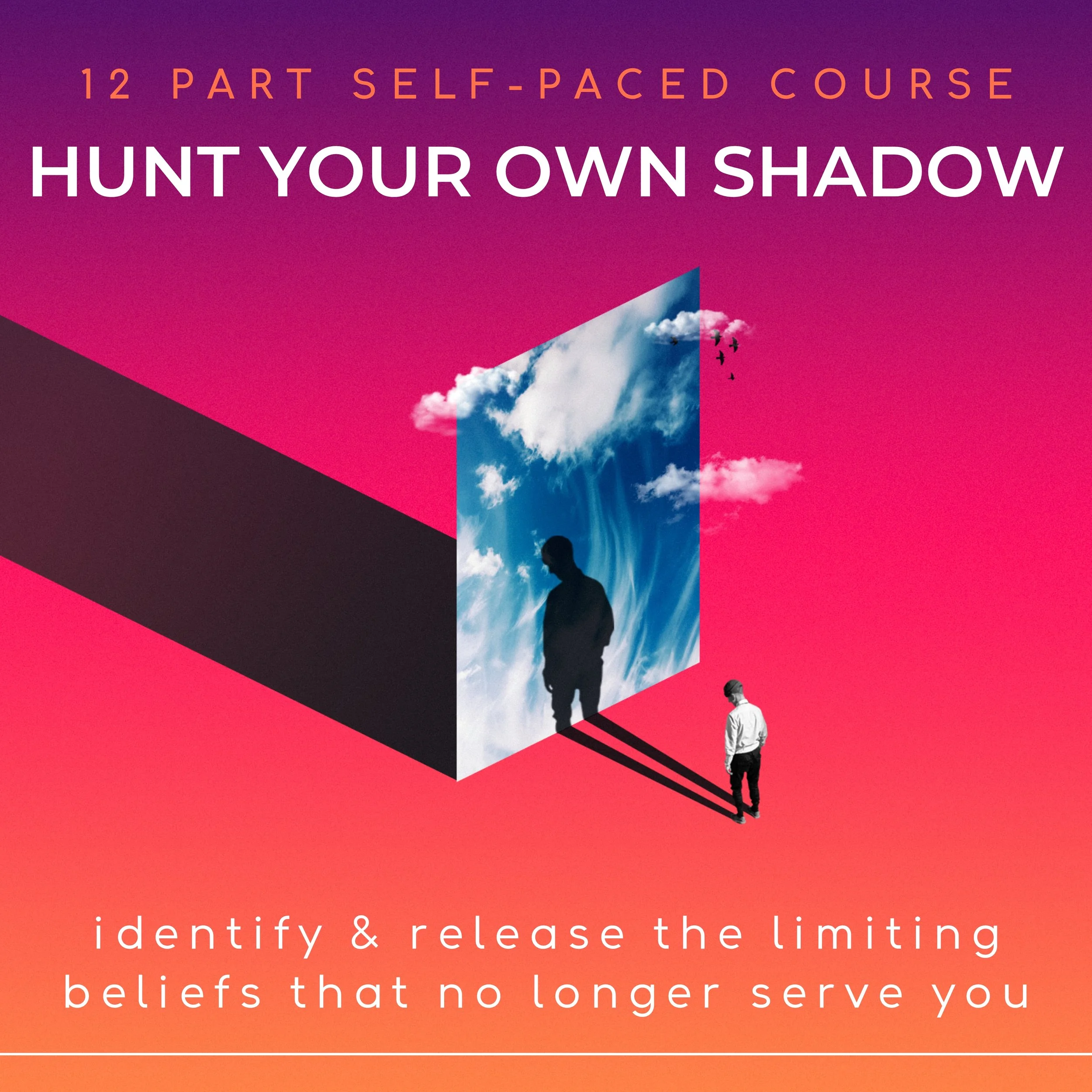Taking Meditation Into Your Day
- Ch: 13 of Mindfulness, A Guidebook to the Present Moment -
‘‘To the mind that is still, the whole universe surrenders.’ – Lao Tzu
One of the goals of our meditation practice is to bring the mindfulness state off the meditation mat and into our everyday lives. Just as we lift weights in the gym to be strong in daily life, we meditate formally so we can be mindful in daily life. But there need not be a distinction between the end of a formal session and the rest of our day. Indeed, with practice we will be increasingly able to become mindful at any time. First with small glimpses, and then over longer periods of time.
The first part of this process is to end our formal sessions with a quick intention to bring mindfulness into our day. Rather than instantly and mindlessly going for our phones or onto the next task that needs completing, instead we should take a moment to remind ourselves of our desire to bring mindfulness into our day.
I will bring mindfulness into my day. I will pay purposeful, nonjudgmental attention to the present moment, taking my time to consider before I act.
Over time, you will naturally find yourself remembering mindfulness more and more throughout the day. When this occurs, use it as a prompt to take one mindful breath.
Glimpse: One Mindful Breath
Stop what you are doing and take one slow and deep breath, in through your nose and out through your mouth. Use that time to quickly scan your mental state; How are you feeling? What is your mood? Are you tired? Are you ruminating, anxious or depressed? Are you present?
The more mindful breaths you take throughout the day, the better. Eventually you will find that the times between the breaths become shorter, and that you are consistently more mindful. This will have obvious benefits to your mental state, relationships, and performance, as you will be less lost to the distractions of your mind.
You can boost the number of mindful breaths that you take each day, by tying the behavior to a particular external environmental trigger. For example, you could choose to take a mindful breath each time you look at your phone, go to the toilet, or speak to a colleague. My personal favorite is to use door handles. I have set myself a rule that whenever I touch a door handle, I am to take a mindful breath. This one rule has quadrupled the amount of awareness and mindful breaths that I take through the day and is not in any way inconvenient. The moment I touch a door, I internally scan my mental state as a mini meditation. Even if I forget half the time, I am still finding tremendous benefits. If you are not convinced with this approach, reread the above paragraph, but replace the meditation instruction with ‘do ten pushups or squats’. Imagine how many repetitions you would be performing every day, and how strong you would be in a month!
Glimpse: Door Handles Trigger
Set yourself the intention to take one mindful breath every time you touch a doorhandle. Do this for a month and it will become natural.
Most meditation apps will have a feature to remind you to meditate, and your phone’s alarm can be tweaked in a way that it will serve a similar function to the door handle trigger above.
I have found particular benefit from surrounding myself with other meditation practitioners in person and online, and then making the practice of checking up on one another to see if we are meditating daily, reminding them about the practice with random messages, as well as with words of encouragement or useful resources.
If this post has resonated with you, I would love your support.
Read another chapter from Mindfulness, A Guidebook to the Present Moment
Out now: eBook, Paperback & Audible
Your shadow is the gateway to a more authentic you.
This course is your guide to profound inner work. Through powerful insights, guided prompts, and proven techniques, you'll navigate your shadow, heal unresolved wounds, and reintegrate the parts of yourself you’ve long ignored.
What’s Inside:
12 x Guided Meditation & Contemplations
12 x Introspective Prompts
12 x Expansion Challenges
A comprehensive instructional PDF guidebook
Unlimited email coaching for ongoing support and personalized guidance
Explore full course details and watch intro video here!
This isn’t just about healing, it’s about meeting your shadow head-on, embracing every part of yourself, and reclaiming your full power.
Are you ready to face what’s been hidden and step into your truth?

